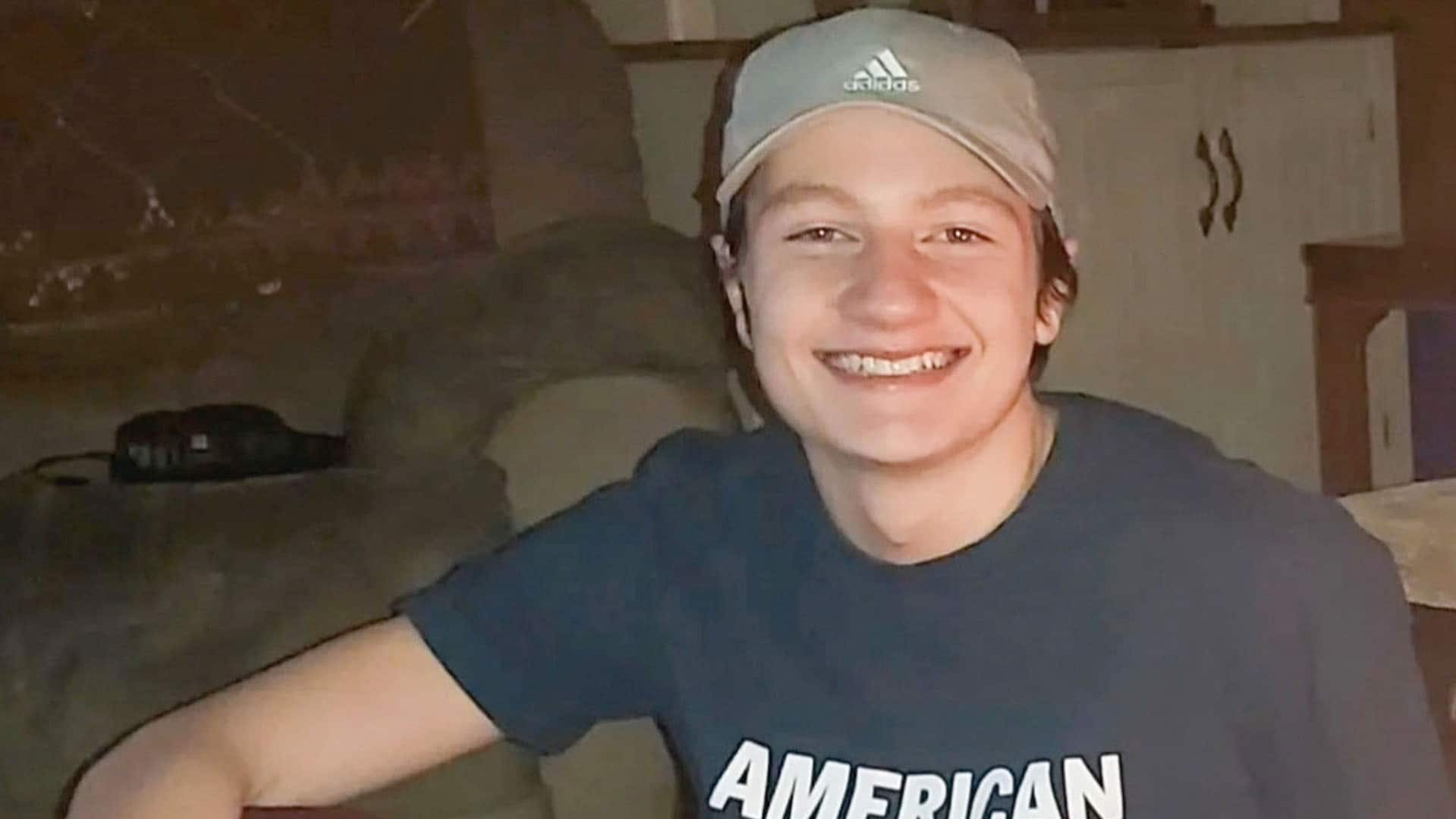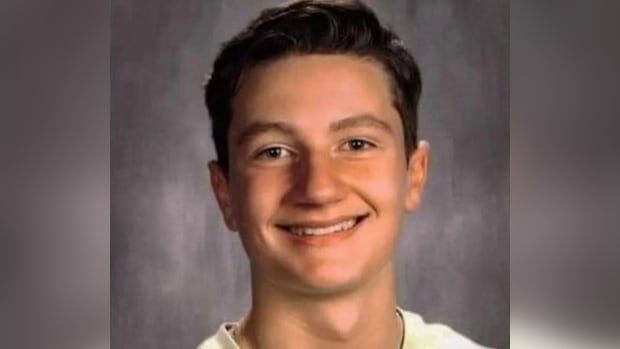
WARNING: This story contains details about suicide.
From kindergarten until the end of Grade 9, Carson Hoyt was part of the future class of 2024 at Hampton High School.
But Carson died by suicide when he was 15. He will not graduate with his former classmates at the southern New Brunswick school.
His parents don’t want him forgotten by them either. That’s why they want him included in this year’s yearbook.
Amy and Greg Hoyt said Carson’s friends were important to him. Last Sunday, on what would have been his 18th birthday, many of them gathered with his family to commemorate the occasion.
Amy has tried to stay involved with the class of ’24. In January, she emailed the school principal and offered to help with graduation activities.
School board says no yearbook memorial for teen who died by suicide. His parents can’t understand why.
“I would love to help decorate for prom, chaperone for Safe Grad or help with the breakfast the next morning,” she wrote. “I would love nothing more than to help out and make this difficult week easier for us. Sitting on the sidelines and watching things happen has been very hard for myself and my husband.”
Hoyt also asked about including Carson in the yearbook — something she believed would be automatic.
She was shocked to get resistance but kept pressing.
According to emails provided by the Hoyts, the school notified the district of the request, and the district decided against a memorial. Then it told her to stop contacting the school.
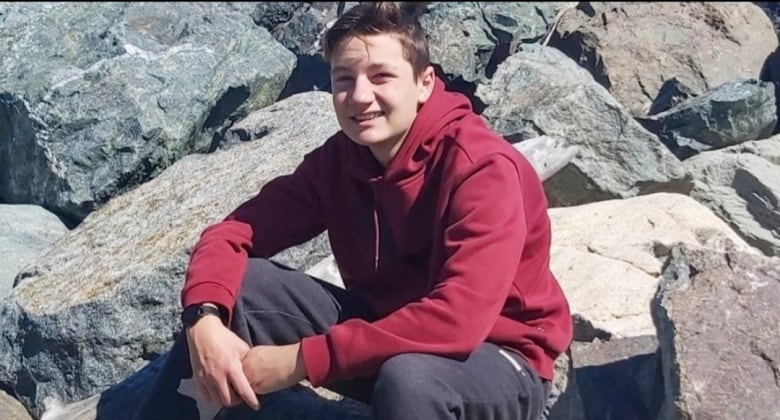
On Jan. 22, Allan Davis, the director of schools for the Anglophone South School District, wrote to the Hoyts.
“While I am sure this is a difficult time for you and your family knowing that this is Carson’s graduating class, please understand that the focus of graduation activities is to celebrate the achievements of the graduates,” he wrote in an email.
The Hoyts couldn’t understand the district’s position. After all, they’ve seen other memorials for students who died by suicide, including one several years ago at Hampton High School.
And in neighbouring Anglophone West, there’s a more recent example.
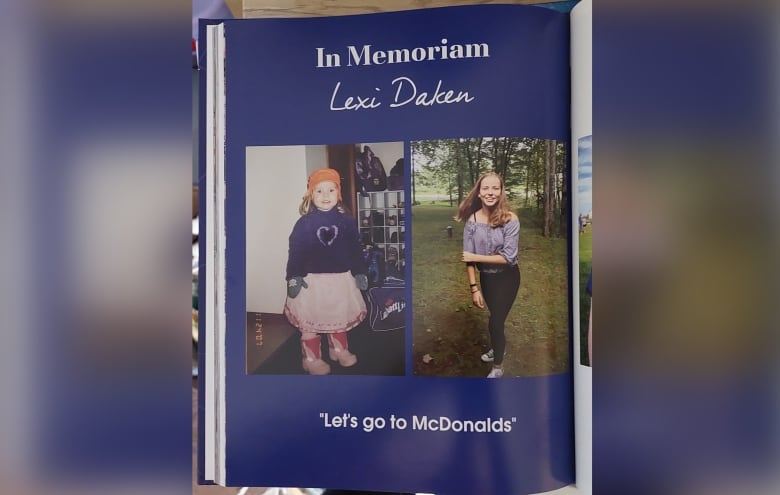
Lexi Daken would have been part of the 2023 graduating class at Leo Hayes High School in Fredericton, but in 2021, just four months before Carson died, Lexi took her own life.
Last year, in what would have been her graduating year, the yearbook included a one-page memorial. It was simple and did not refer to how she died — or even that she died at all. It just said “In Memoriam,” and included her name, two pictures of her and a quote.
Amy Hoyt said that’s all they were looking for.
They didn’t expect to have Carson’s picture listed in alphabetical order along with his former classmates or anything like that. Just something to acknowledge that he had once been a part of the lives of those who were graduating. Something to ensure he was not forgotten.
The district did, however, suggest including Carson in a section dedicated to a program called Mental Health Mondays, but the Hoyts declined, saying they don’t want him to be remembered as a poster boy for suicide prevention. They were so angry about the suggestion that they forbid the use of Carson’s picture for the section.
Education minister issues statement
Late Friday afternoon, Education Minister Bill Hogan weighed in.
“I am strongly encouraging the Anglophone South School District and officials at Hampton High School to work with the Hoyt family to ensure their son, Carson, is included in the school yearbook,” Hogan said in a statement.
And Hogan, a former teacher and principal, went beyond the yearbook.
“It is my hope that, with further discussions rooted firmly in empathy and compassion, a path forward for remembering Carson Hoyt at what would be his graduation ceremony will materialize.”
Hogan said a lot of work has been done to increase awareness and reduce “shame and stigma” surrounding mental health.
“However, there is still work to be done when it comes to bringing mental health out of the shadows and into the light,” he said.
School district response
The Anglophone South School District says it’s working on a “crisis-response policy” about school memorials of all kinds.
“Memorialization involves a sensitive balance of both honouring the deceased student and being mindful of the impact on students who are at-risk for suicide,” the district said in an emailed statement.
The statement also said experts in the field “discourage schools from establishing permanent memorials because they can be risk-enhancers to vulnerable students. Suicide contagion is real and also complex.”
Among the experts consulted by Anglophone South is the National Association of School Psychologists, which represents more than 25,000 professionals in 25 countries.
Yearbook memorials top list of don’ts
When contacted this week, the group forwarded a handout it developed for school officials called “Memorials: Special Considerations When Memorializing an Incident.”
At the very top of the list of “do nots” is “DO NOT designate permanent memorials, plaques, or pages in a yearbook for students that die by suicide.”
A spokesperson for the association said Dr. Stephen Brock, a professor emeritus of school psychology at California State University, Sacramento, “quite literally wrote the book for our association on this.”
When reached by phone on Wednesday, Brock said it’s “standard practice to try to avoid anything that may be perceived by vulnerable students as sensationalizing, romanticizing, or glorifying a person who died by suicide.
“It’s a small but real possibility that doing so may increase the suicidality of other already-vulnerable students.”
He said about five per cent of all suicides “are associated with a phenomenon known as contagion, where one suicide leads to another,” and teenagers appear to be “particularly vulnerable to the phenomena.”
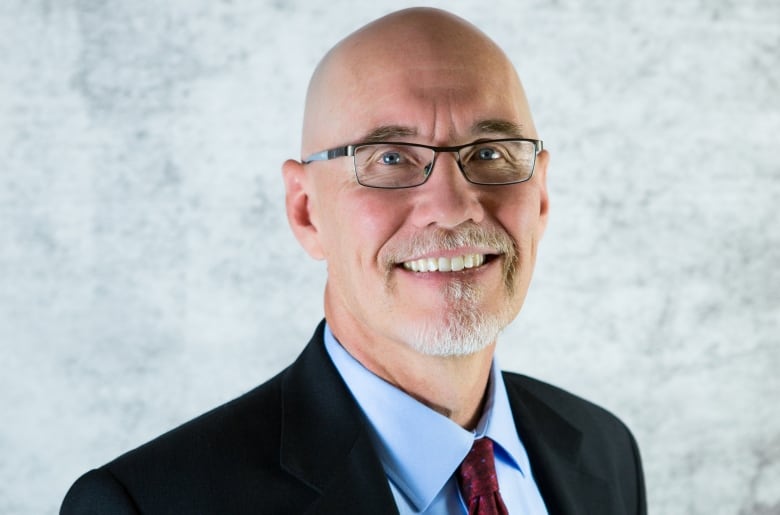
While it’s a “small subset” of students who are vulnerable, Brock said it’s important for schools to do everything they can to protect them.
Studies have shown that one in five teenagers has, at some point, “given at least some casual consideration to suicide,” Brock said.
“Suicide is contagious if — and only if — people know about it. So, especially three years later, bringing it up again is going to bring undue attention to the deceased.”
Brock said he’d like the Hoyts to be able to work with a school psychologist to help find a way to remember Carson that won’t put others at risk.
He said it’s absolutely normal and understandable to want to do something to remember Carson, but it’s important to understand there are certain types of memorials that have the potential to cause harm, including yearbook memorials.
Others include plaques, sporting events in the student’s name, and moments of silence at a graduation ceremony.
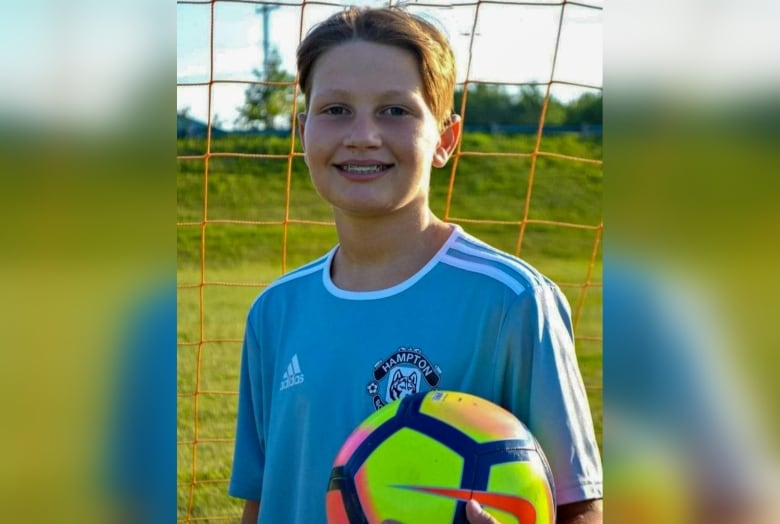
Just last week, the Centers for Disease Control and Prevention in the United States updated its guidance document on suicide clusters.
“Memorials for persons who died by suicide often are well intended but can have serious, unintended consequences.”
The guidance goes on to say there’s a “fine line between celebrating a life and glorification and sensationalism.”
Written policy important
The handout on school memorials from the National Association of School Psychologists also says having an established policy makes it easier to say no to grieving parents.
“Decision makers need to remember that their primary concern should be about the surviving students that are left in their care.
“Otherwise, saying no to a memorial can be misinterpreted as the school not caring or being insensitive.”
Anglophone South “will continue to examine best practices as we develop our policy,” the district said in its statement.
“The research on this topic is still growing, but it is strong enough to inform our decisions to always err on the side of caution to help ensure the safety and well-being of our students.”
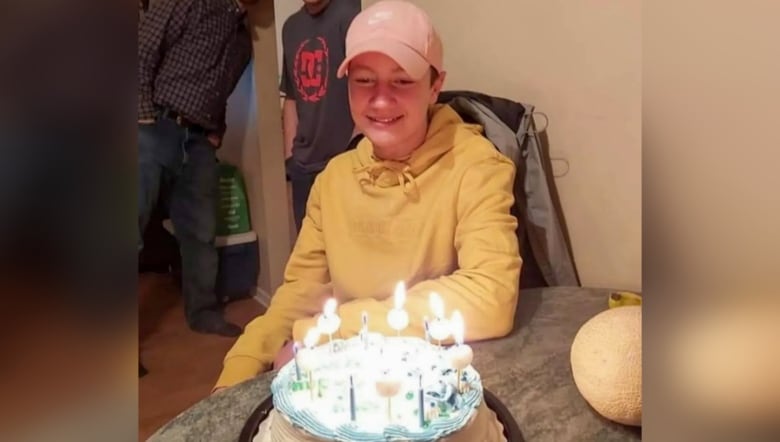
The Hoyts, meanwhile, just want to ensure Carson is not forgotten.
They want him to be remembered for the kind of person he was and not for the way he died.
The whole thing has left them sad and even angry “because anybody that knows Carson knows that there’s so much more to him,” said Amy.
“So to hear somebody say that your child can’t be included when they’re already not here, it’s really damaging.”
If you are in crisis or know someone who is, here is where to get help:
CHIMO hotline: 1-800-667-5005 / www.chimohelpline.ca
Kids Help Phone: 1-800-668-6868, Live Chat counselling at www.kidshelpphone.ca
Canada Suicide Prevention Service: 1-833-456-4566
